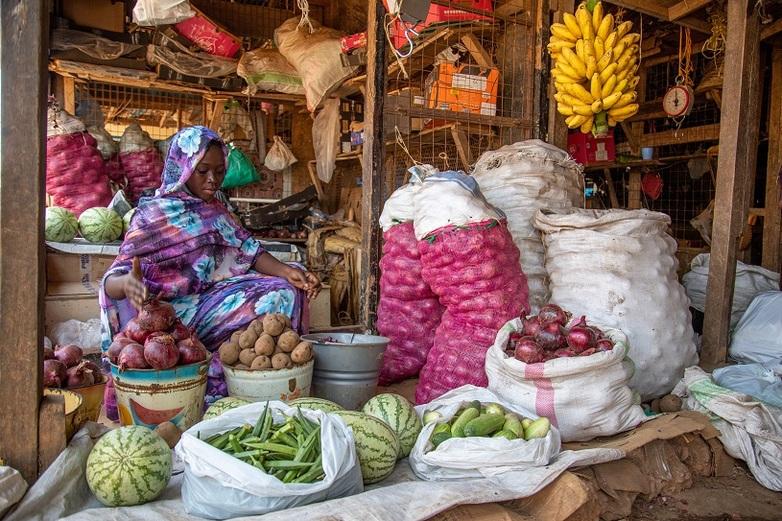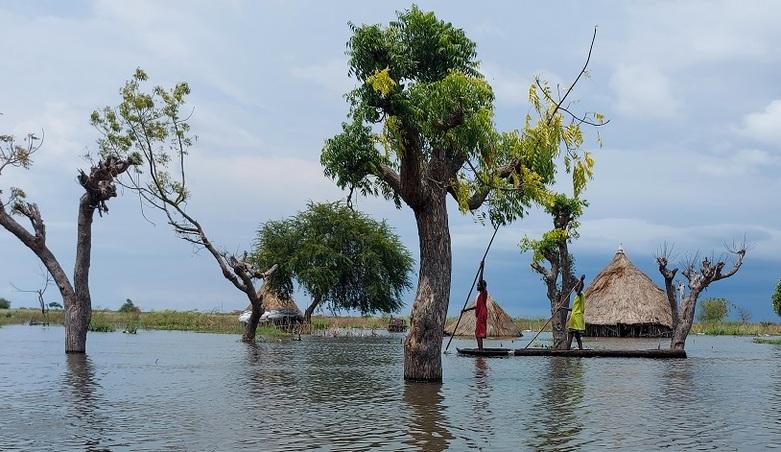Context
The food situation in South Sudan is more precarious than it has ever been since the country gained independence in 2011. Two out of three people regularly have too little to eat.
More than 80 per cent of the country’s population work in agriculture in order to feed themselves. However, ongoing conflicts and crises, combined with the effects of climate change, have destroyed their livelihoods. Despite massive humanitarian aid, households cannot improve their food situation and protect themselves against crises.
Objective
The affected population has improved its food situation and is better equipped to deal with crises.

